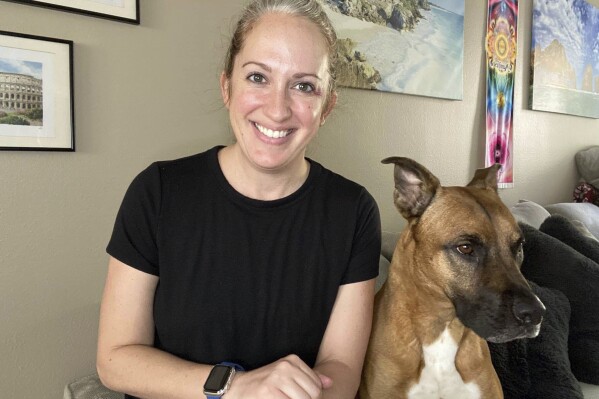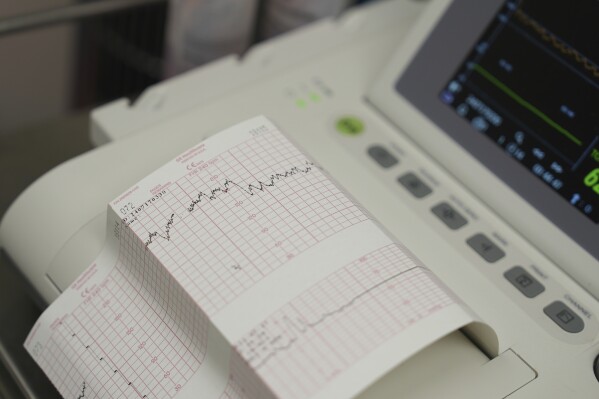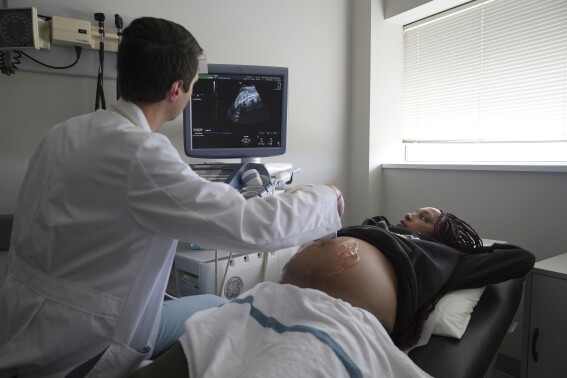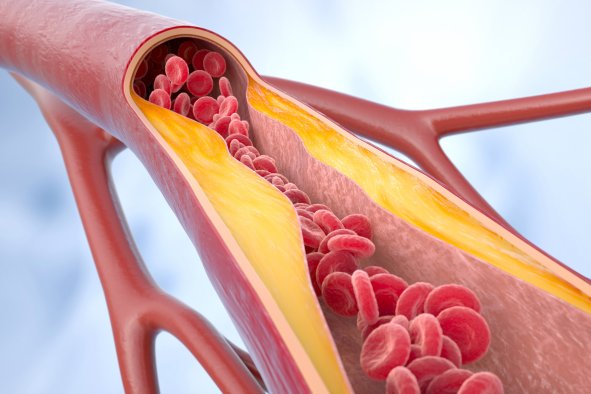A polio vaccination campaign has started in Gaza, an ambitious effort by health authorities to vaccinate 640,000 Palestinian children against the backdrop of a devastating war that has destroyed the territory's healthcare system.
The campaign comes after the first polio case in 25 years was reported in Gaza involving a 10-month-old boy who is now paralyzed in one leg.
According to the World Health Organization (WHO), the presence of a paralysis case indicates there could be hundreds more cases of children who have been infected but aren’t showing symptoms.
Most people who have polio do not experience symptoms, and those who do usually recover in a week or so. But there is no cure, and when polio causes paralysis, it is usually permanent. If the paralysis affects breathing muscles, the disease can be fatal.
The vaccination campaign targets children under 10 and aims to have at least 90 per cent of them vaccinated, according to the WHO.

Each child will receive two drops of the oral polio vaccine in two rounds, the second to be administered four weeks after the first.
The mission will involve over 2,100 health workers from UN agencies and the Ministry of Health in Gaza.
Director General of the WHO, Teodros Ghebreyesus, said that the campaign will start in the central area of Gaza and then continue in the south of the Strip and finally in the north.
Observers warn the vaccination effort will not be easy as Gaza’s roads are largely destroyed, its hospitals badly damaged, and its population spread into isolated pockets.
The UN estimates that approximately 65% of the total road network in Gaza has been damaged and 19 of the strip's 36 hospitals are out of service.
The north of the territory is cut off from the south, and travel between the two areas has been challenging throughout the war because of Israeli military operations. Aid groups have had to suspend trips due to security concerns after convoys were targeted by the Israeli military.
Related- Officials report case of polio in Gaza as UN appeals for ceasefire to roll out vaccines
Three-day suspensions of hostilities
The WHO said on Thursday that it had reached an agreement with Israel for limited pauses in fighting to allow for the vaccination campaign to take place.
Mounting any sort of campaign that requires traversing the Gaza Strip and interacting with its medical system is bound to pose difficulties, especially where 90% of Palestinians are displaced.
In its first statement on the campaign, Israel said Saturday that the vaccination programme would continue through 9 September and last eight hours a day.
It agreed to stop the fighting between 6 am and 3 pm for three days, with the possibility of a one-day extension.
According to UNICEF, this arrangement is not sufficient to ensure vaccination coverage.
"Due to insecurity, damage to roads and infrastructure, and the constant displacement of the population, it is unlikely that conducting the campaign for only three days in each area will be sufficient to achieve adequate vaccination coverage," the UN agency said in a press release.
The Hamas-run Health Ministry in Gaza released a list of roughly 160 sites across the territory—including medical centres, hospitals, and schools — where the vaccinations will take place.
Most are in Khan Younis and Deir al-Balah, where the population density of children under 10 is the highest.
Related- Polio vaccines delivered to Gaza, Israel says, as aid groups call for pause in fighting
Around 1.3 million doses of the vaccine travelled through the Kerem Shalom checkpoint and are currently being held in 'cold-chain storage' in a warehouse in Deir al-Balah. That means the warehouse is able to maintain the correct temperature so the vaccines do not spoil.
Another shipment of 400,000 doses is set to be delivered to Gaza soon. The vaccines will be transported by road to distribution sites by a team of over 2,000 medical volunteers, said Ammar Ammar, a spokesperson for UNICEF.
The WHO says children typically need about three to four doses of oral polio vaccine — two drops per dose — to be protected against the disease.
If they don’t receive all of the doses, they are vulnerable to infection.
Doctors have previously found that children who are malnourished or who have other illnesses might need more than 10 doses of the oral polio vaccine to be fully protected.
Disclaimer: The copyright of this article belongs to the original author. Reposting this article is solely for the purpose of information dissemination and does not constitute any investment advice. If there is any infringement, please contact us immediately. We will make corrections or deletions as necessary. Thank you.




